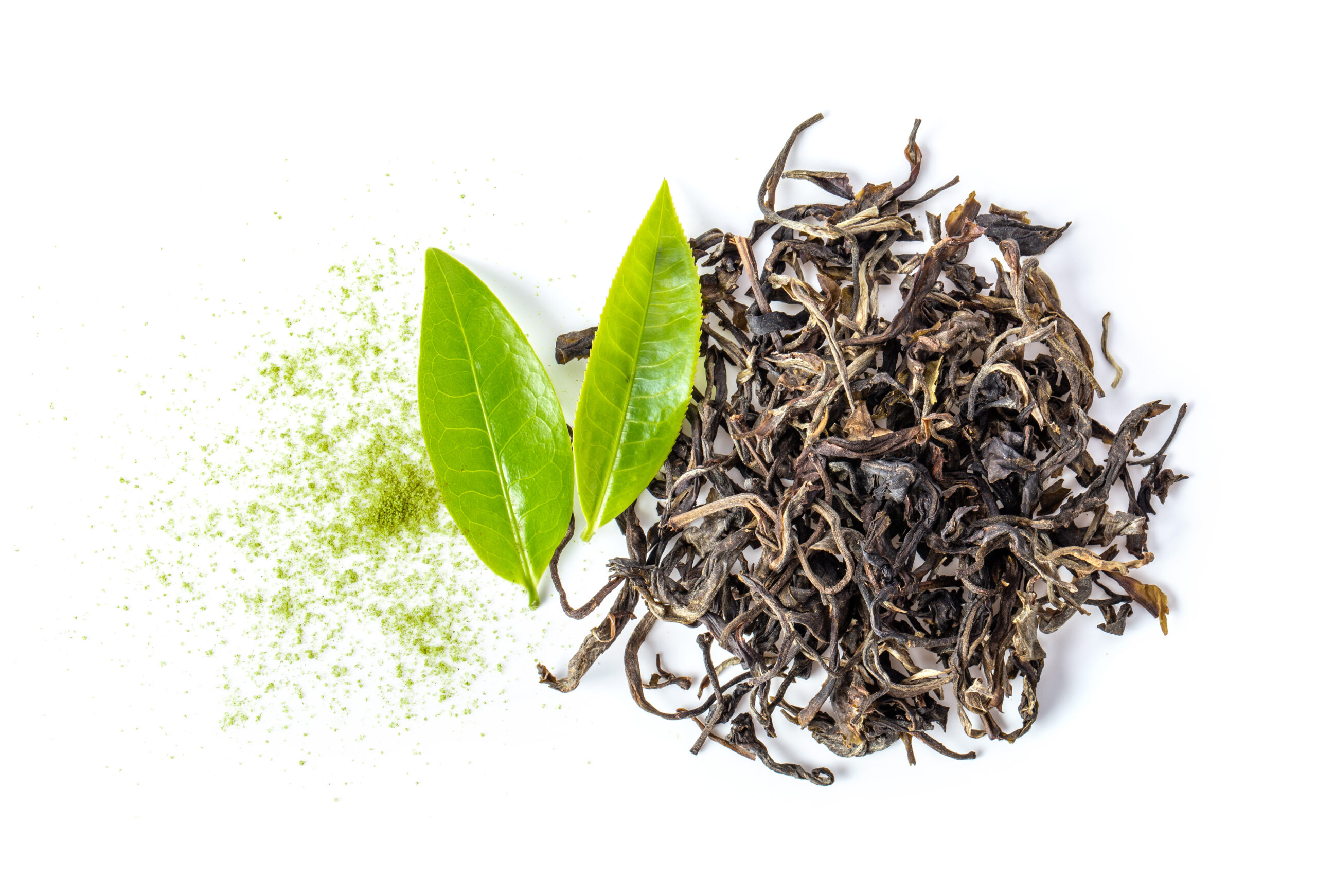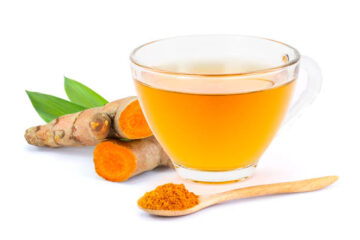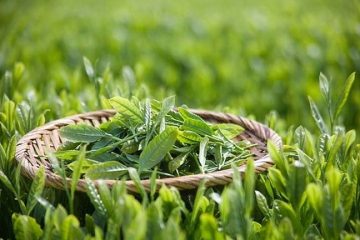Understanding the Role of Caffeine Before delving into the caffeine content in tea, it’s essential to grasp the nature of caffeine itself. Caffeine, an organic compound, is prevalent in various plants. It belongs to the alkaloid group, which includes morphine, strychnine, quinine, ephedrine, and nicotine – many of which serve as the basis for pharmaceutical drugs. These plant-derived compounds exhibit both advantageous and detrimental physiological effects when consumed by humans. While the precise function of caffeine, along with other alkaloids, in the plant kingdom remains somewhat ambiguous, it’s believed to play roles in survival and reproduction. Odorless yet bitter in taste, caffeine finds its way into everyday consumables such as tea, coffee, soft drinks, chocolate, and numerous medications for colds, allergies, and pain relief.
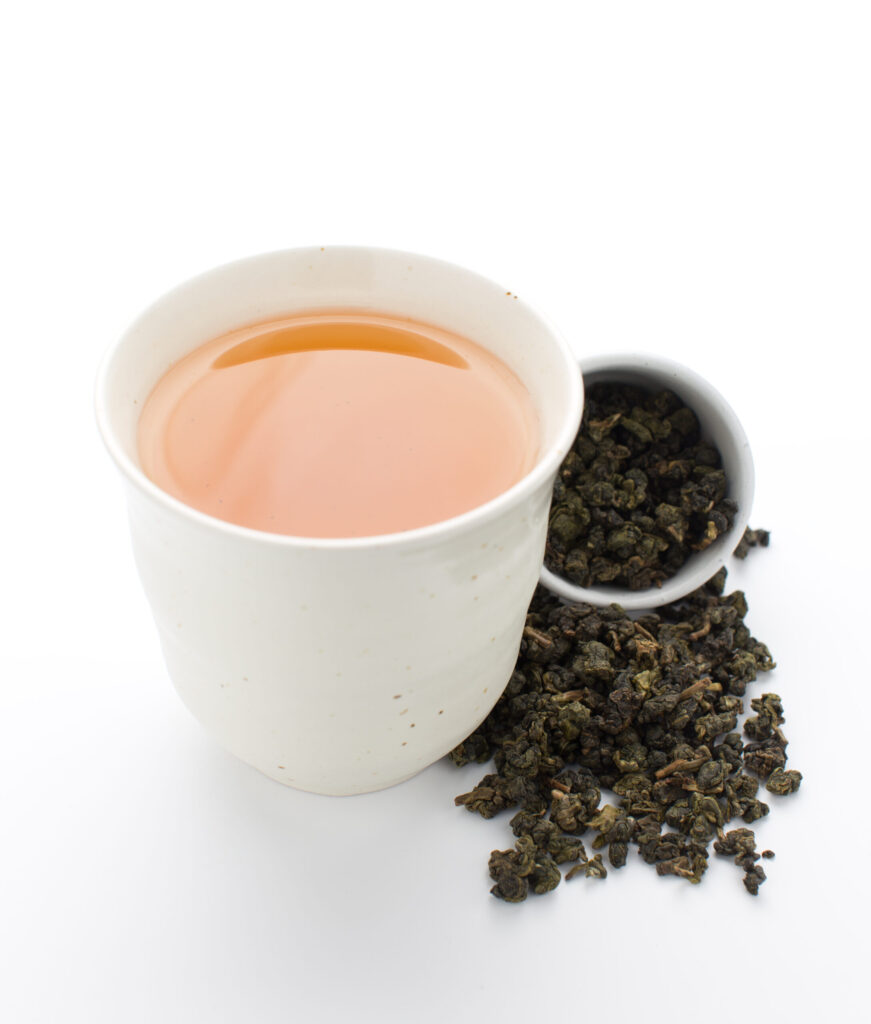
teasoha
Effects of Caffeine on the Human Body Caffeine exerts its influence on our central nervous system, heart, blood vessels, and kidneys, while also serving as a mild diuretic. Its positive effects include heightened motor performance, reduced fatigue, enhanced sensory perception, and increased alertness. Nonetheless, it can lead to dependency, particularly among coffee drinkers. According to Mayo Clinic, the consumption of up to 400 milligrams (mg) of caffeine daily is generally considered safe for healthy adults. This equates to roughly 9 cups of tea or about 3 cups of coffee. (On average, an 8 oz cup of tea contains about 45 mg of caffeine, while coffee contains approximately 142 mg.) However, Mayo Clinic warns of potential adverse effects, including insomnia, nervousness, restlessness, irritability, upset stomach, rapid heartbeat, and muscle tremors. The lethal dose of caffeine is estimated to be between 12.5 g and 14.6 g for an adult male, equivalent to consuming 360 cups of tea or approximately 140 cups of coffee within a short timeframe. Nevertheless, it’s reassuring to note that it’s highly improbable to overdose on caffeine.
Caffeine Content in Tea Although it’s commonly understood that tea contains less caffeine than coffee, the precise levels of caffeine in different types of tea remain a subject of debate. Many believe that caffeine levels are determined by the tea variety, but this isn’t always the case. While robust-flavored teas are often perceived to be higher in caffeine than delicate ones, such assumptions don’t always hold true. The notion that a quick rinse of tea leaves before steeping removes most of the caffeine is also erroneous. (For further clarification, refer to another blog post of ours.)
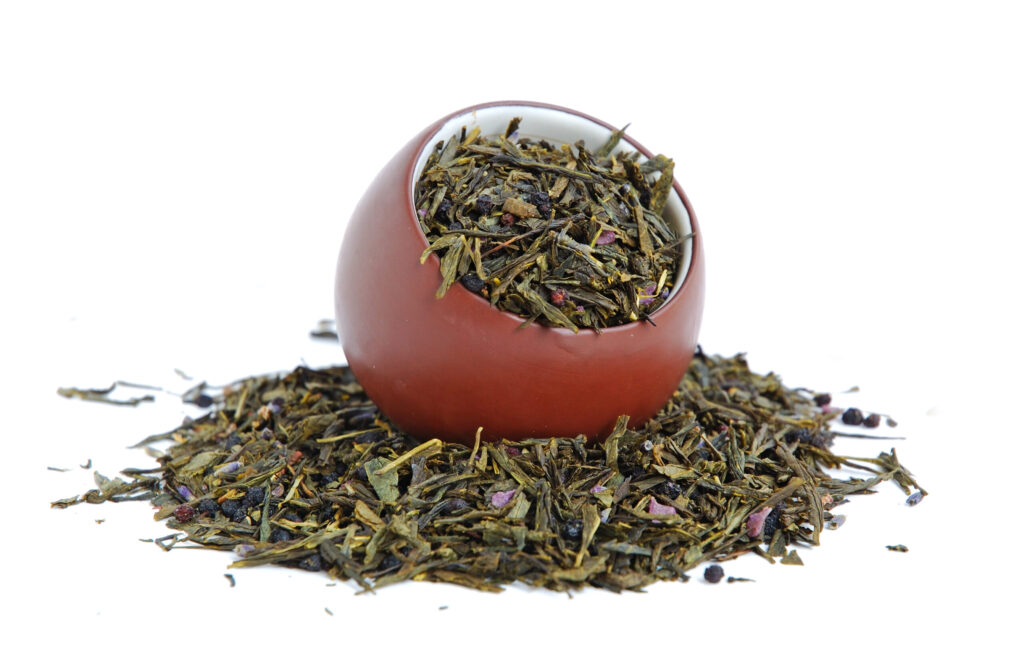
teasoha
Multiple Variables at Play Several factors influence caffeine content in tea, including cultivation location and methods, leaf size, and production processes. Consequently, caffeine levels can vary significantly within and across different tea varieties. Some green teas may contain as much caffeine as black teas or even more. The prevailing belief among tea enthusiasts is that caffeine is most concentrated in leaf buds, particularly those utilized in producing premium teas. Notably, white tea, comprising solely buds, is among the richest in caffeine. This contradicts the conventional assumption that white tea, being the most delicate, possesses the lowest caffeine content. The concept that tender leaves harbor more caffeine than older ones suggests that high-quality teas generally boast higher caffeine levels. Superior teas typically consist of tender sprigs – two leaves and a bud – plucked from the tea bush. Conversely, lower-grade teas, harvested from older leaves devoid of buds, tend to contain less caffeine.

teasoha
Caffeine Sensitivity and Considerations Individuals vary in their sensitivity to caffeine, with some being more susceptible to its effects than others. Even minimal amounts can trigger jitteriness and anxiety. Factors influencing caffeine sensitivity include one’s regular caffeine consumption, body mass, age, medication usage, and health conditions such as anxiety disorders. Additionally, research suggests that men may be more prone to caffeine’s effects than women. Pregnancy and Caffeine Given caffeine’s stimulant properties, which elevate heart rate and blood pressure, pregnant women are advised to moderate their intake of caffeinated beverages. Moreover, since caffeine acts as a diuretic, pregnant women must remain vigilant to avoid dehydration. Despite numerous studies, there’s no consensus on the safe level of caffeine consumption during pregnancy. However, March of Dimes recommends limiting caffeine intake to 200 mg per day, equivalent to roughly four 6 oz cups of tea.
